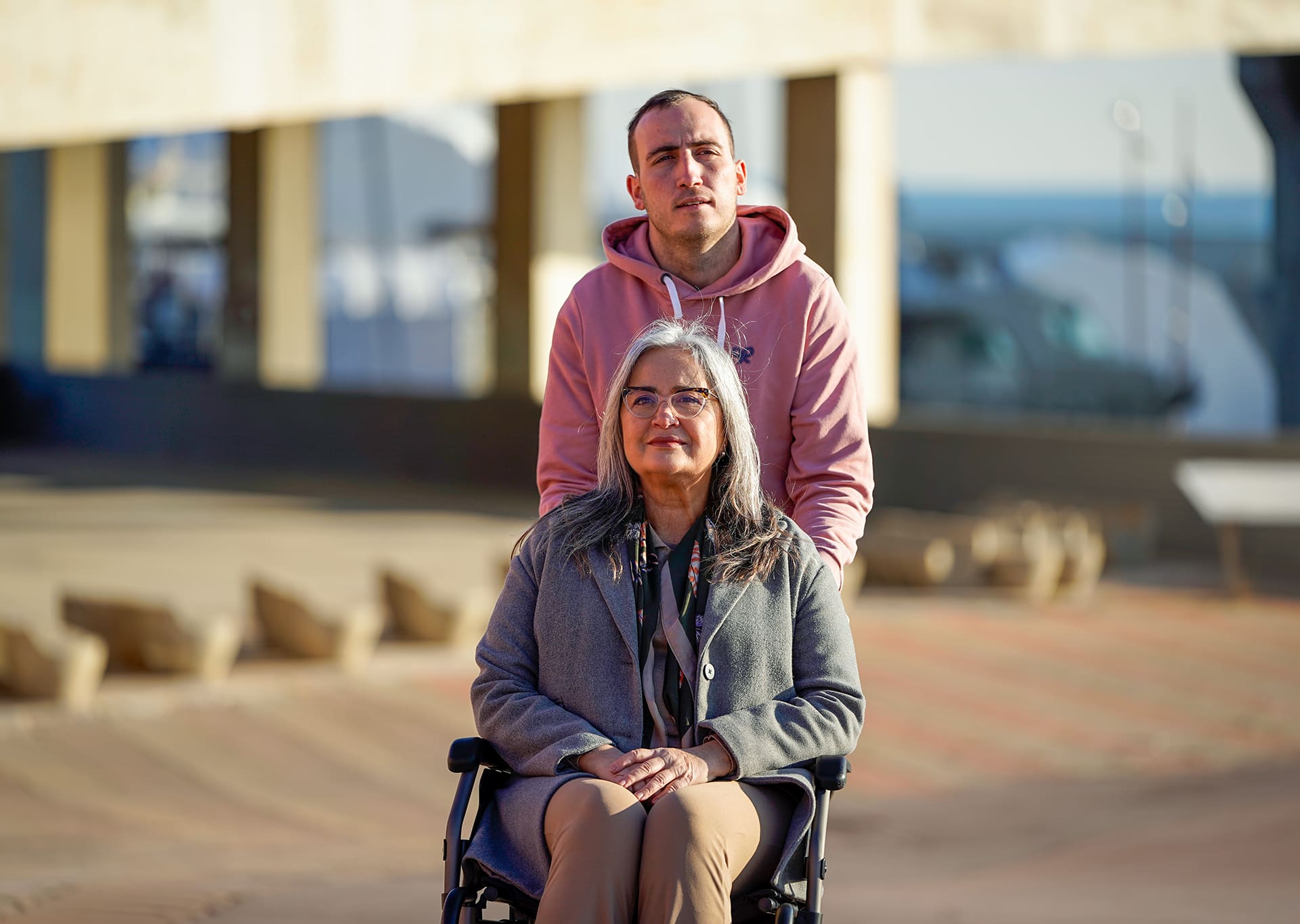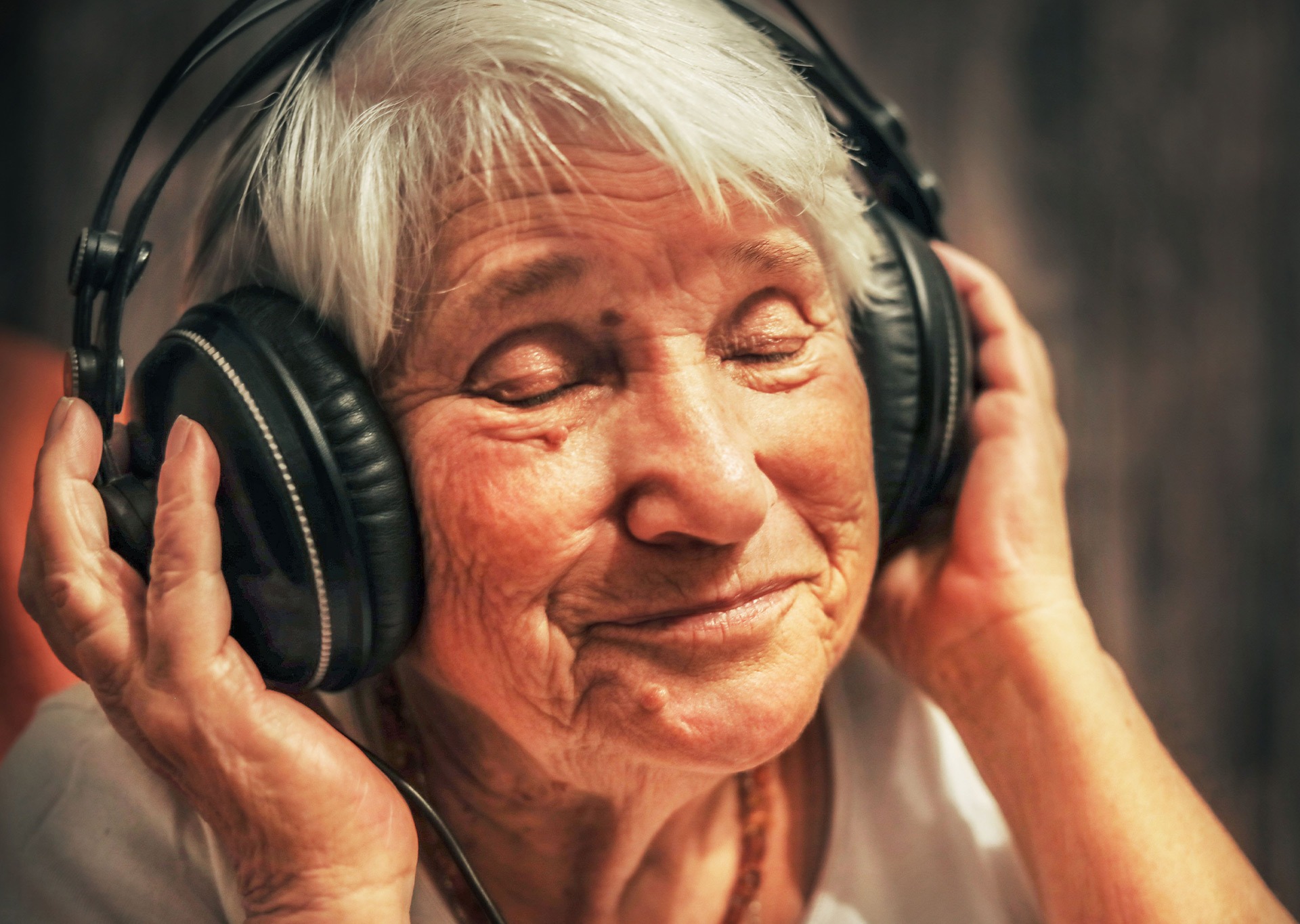
Social interaction and its positive impact on mental health
Social interaction is a fundamental pillar for emotional and mental well-being at all stages of life, but it becomes especially important in old age. Maintaining ties with family, friends and the community helps prevent feelings of loneliness and promotes a fuller and healthier life. Socialisation not only contributes to strengthening the mood, but also has positive effects on physical and cognitive health. Below, we explore how social interaction can transform the quality of life of older people and why it is essential to foster these spaces of connection.
Reducing anxiety and stress
Sharing time with other people and engaging in conversations helps reduce stress and anxiety. The simple presence of loved ones or participation in group activities produces calming effects, thanks to the fact that the body releases hormones such as oxytocin, which improves mood. This interaction not only reduces stress, but also helps older people express and share their concerns, finding support and understanding in their environment.
In addition, the practice of recreational activities in groups, such as dancing, music or volunteering, contributes to generating positive emotions and reducing the impact of daily stress. By being part of an active community, older people develop a greater sense of well-being and satisfaction with their life.
Preventing depression and isolation
Lack of social contact can lead to isolation and, in severe cases, depression. By socializing, people feel more accompanied and understood, which helps reduce the feeling of loneliness. Participating in events, family gatherings or activity groups is key to emotional well-being, as it generates a sense of belonging and connection. People who maintain active social ties report greater satisfaction with their life, which strengthens their mental health.
Studies have shown that those who participate in regular social activities have a lower risk of developing mood disorders. Activities such as reading clubs, exercise groups or meetings at community centers allow older adults to strengthen their relationships and establish new friendships, promoting active and healthy aging. Cognitive stimulation and active memory
Conversations and shared experiences also promote cognitive stimulation. Interacting socially keeps the mind active, improving memory and problem-solving skills. Studies show that frequent socializing can decrease the risk of cognitive decline, as the brain is exercised through interaction. For older people, this is especially valuable, as it helps maintain their independence and quality of life.
Activities such as board games, educational talks or craft workshops encourage mental agility and enhance memory. In addition, sharing stories and experiences with other people strengthens emotional ties and allows us to relive meaningful moments, which generates emotional well-being.
Physical benefits of social interaction
Not only the mind benefits from socializing, but also the body. Older people who participate in social activities are more likely to stay physically active. Going for a walk with friends, attending yoga classes or doing group exercises improves mobility and prevents diseases associated with a sedentary lifestyle, such as hypertension or diabetes.
Social contact also influences healthy habits. Having a support network encourages better practices in nutrition, rest, and physical activity, which directly impacts longevity and quality of life.
Promoting social interaction in old age is essential for a balanced and healthy life. Not only does it improve emotional well-being and reduce the risk of depression, but it also keeps the mind active, contributing to a better quality of life. Socialization promotes autonomy, a sense of belonging, and optimism in older adults, essential factors for full and satisfactory aging. Creating opportunities for social interaction is an investment in health and happiness that benefits both older people and the entire community.








